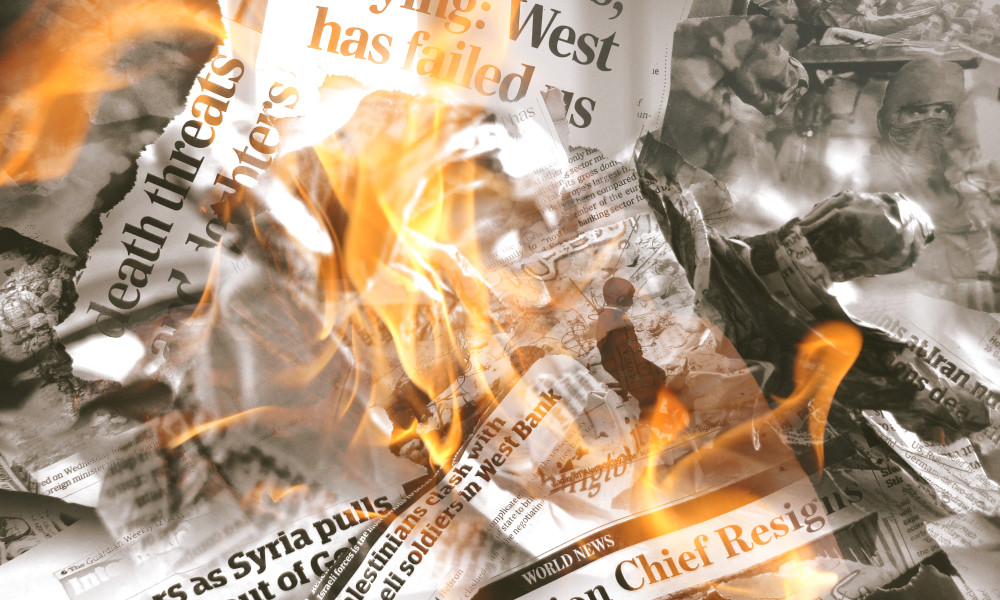Arab Spring represents challenge to research
Opinion by Leif Stenberg, Professor, Centre for Middle Eastern Studies at Lund University
What started as local protests in March 2011 has developed into a deeply tragic conflict. In Syria a bloody civil war is still ongoing. The regime, as well as a number of the many armed groups that form part of the opposition, have been guilty of brutal attacks on civilians. No one knows how many have been killed.
The situation for civilians is extremely difficult wherever they are geographically, and around 4 million are estimated to be in urgent need of humanitarian aid. As well as a large number of people killed, imprisoned or missing, daily life is affected by shortages of food, water, electricity and fuel, a lack of health care, escalating prices of those goods available for sale, and increasing damage to infrastructure.
Other problems are rising unemployment as companies are forced to close and agriculture has as good as collapsed. The civil war also makes itself felt in the form of a danger of being kidnapped or trapped in a battle zone.
Huge numbers of refugees have fled to neighbouring countries. The list of difficulties facing Syrians in their everyday lives is long, and many of these will have consequences for Syrian society for years to come.
One aspect that will no doubt affect the country for a long time is the trust and confidence between the state and its citizens, and between different groups of citizens, that has been destroyed. Trust plays an important role in a well-functioning society.
Without being cynical or detached from events, what is happening in Syria and in relation to the Arab Spring in general represents a challenge for academic research and universities.
Disturbances in a number of countries in the Middle East are a challenge for research and demonstrate clearly the need for more in-depth analysis of how repressive regimes control their citizens through hierarchical governance, and how people under these regimes undertake active resistance and oppose dominance. Broad interdisciplinary analyses are particularly important in order to find out the various different mechanisms that have played crucial roles in the Arab Spring. For universities that recommend innovation, interdisciplinary research and public engagement, there is also a challenge in the form of how a university as a whole can get involved in encouraging positive social change, for example by working for a sustainable and democratic Syria once peace is reached.
From a scientific point of view, it provides an opportunity to develop interdisciplinary research projects that are linked to processes of reconciliation. However, there is also a danger that outside powers will try to influence how countries should organise their society. As in all countries, Syrians should be given significant influence over what their society will be like.
An experience which I consider to have been reinforced among researchers in relation to the Arab Spring is the need for interdisciplinary studies with the aim of understanding different trends and practices in a society.
A good example is the production of new ideas on the meaning and practice of Islam, which is also a result of the uprisings of the last two years. The question of what role Islam should play in the countries of the Middle East, in everything from politics to daily life, and when an Islamisation process starts, are problems that touch on broader challenges when it comes to analysing how societies function in general.
We can therefore conclude that the Arab Spring has generated academic challenges both for individual researchers and for universities – challenges that will be felt for a long time to come.



